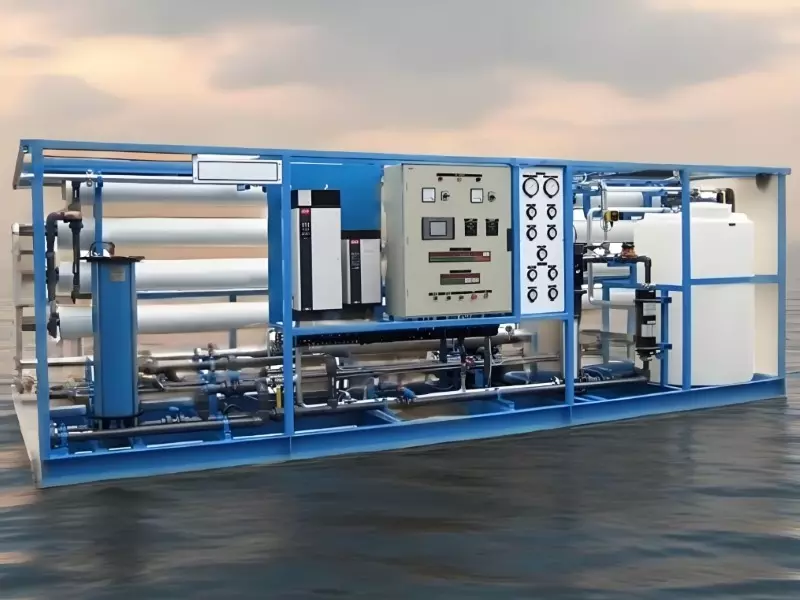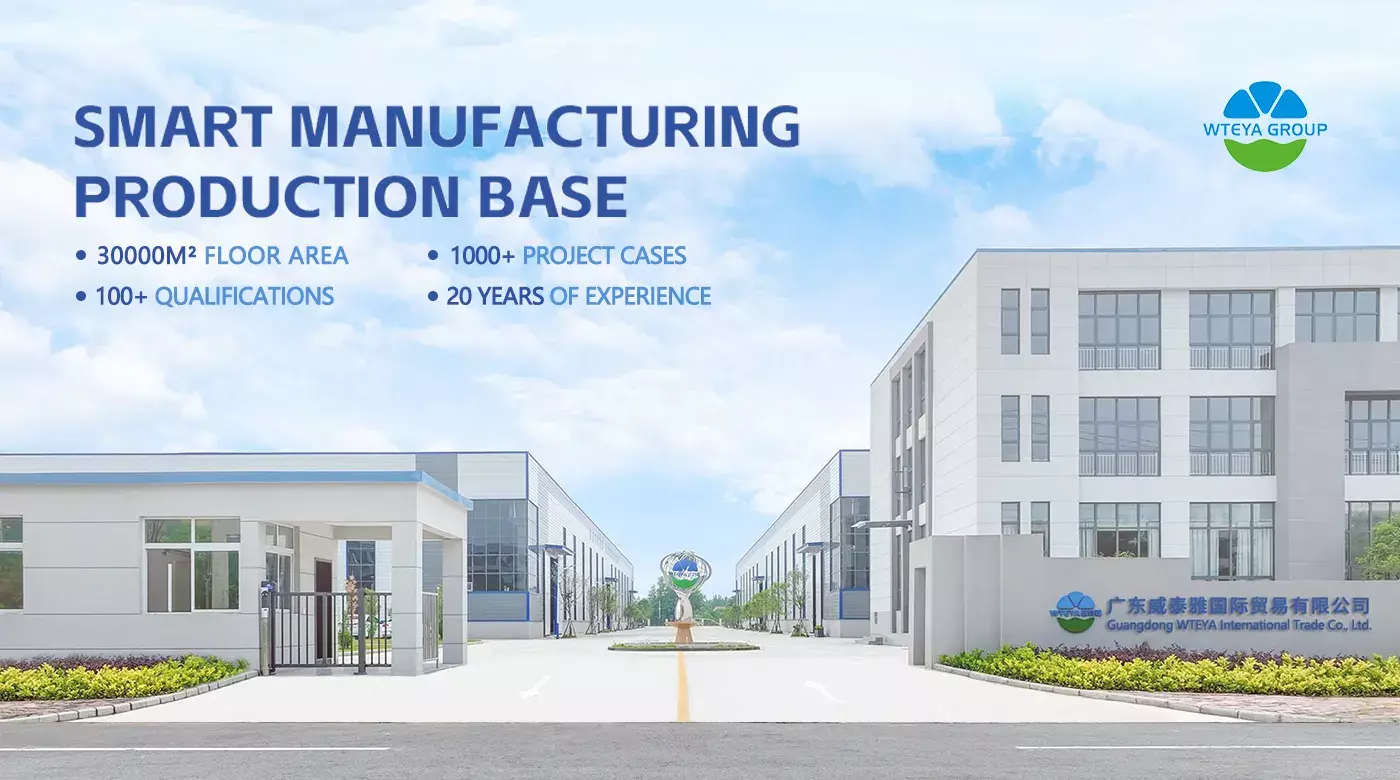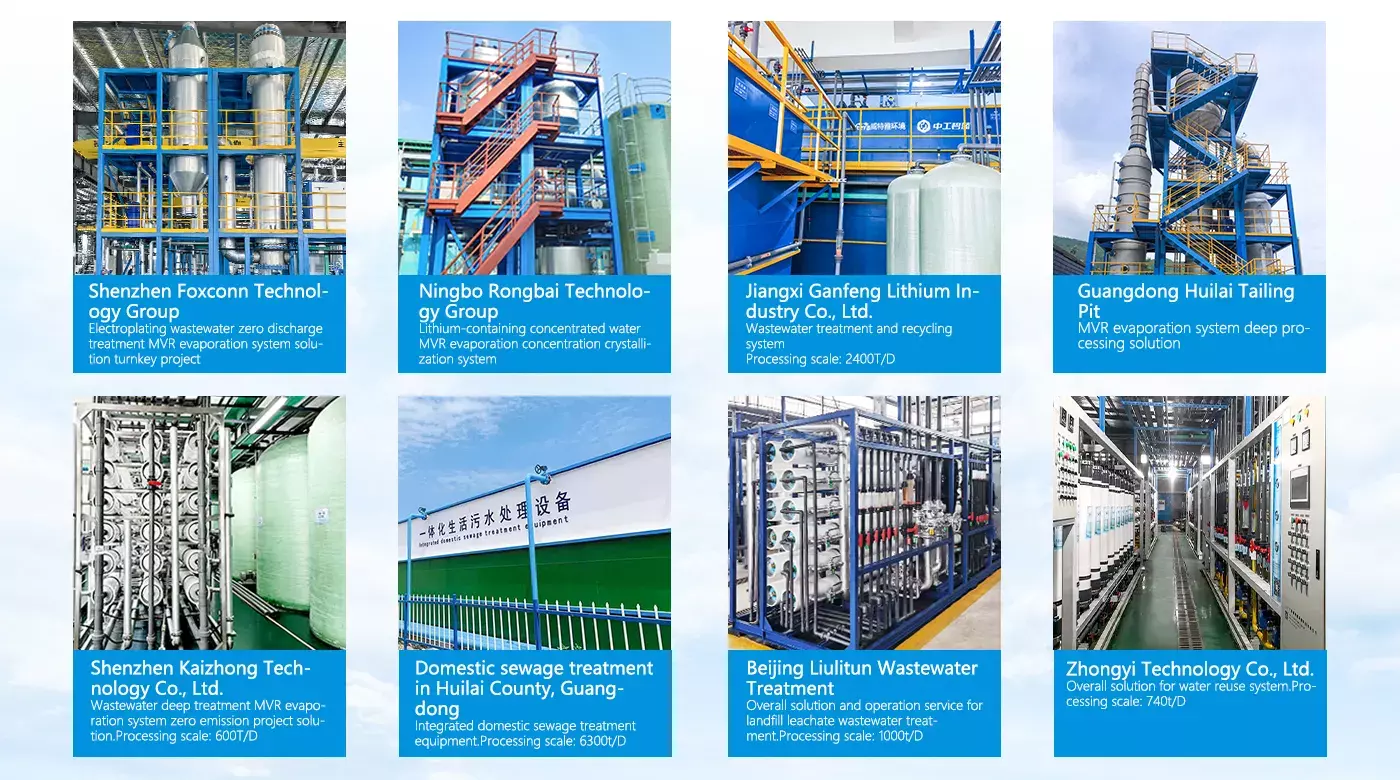Converting seawater into sustainable energy: What’s so attractive about desalination plants?
Desalination plants are becoming an important way to solve two of the world's biggest problems: water shortages and sustainable energy. In areas where freshwater resources are limited but seawater is abundant, these plants not only provide a steady supply of clean water, but are now also driving a transformation in the way the world uses energy through the combination of renewable energy technologies.

✅ What is a desalination plant?
Desalination plants are facilities that remove salt and other minerals from seawater or brackish water to convert it into drinkable water, agricultural irrigation water, or industrial water. The most common technology is reverse osmosis (RO), which uses high pressure to force seawater into a membrane, allowing only water molecules to pass through, effectively filtering out impurities and salt.
With the continuous advancement of engineering technology and materials science, modern desalination systems have lower energy consumption, higher water production rates, and less impact on the environment.
✅ The role of desalination in sustainable development
Desalination plants are strategically important in the face of climate change and population growth. Their appeal is that they:
Do not rely on rainwater or groundwater.
Produce drinking water 24/7.
It can be used in conjunction with clean energy systems such as solar and wind.
Reduce reliance on natural freshwater sources.
This makes them ideal for coastal cities, island countries, remote industries, and emergency water supply scenarios.
✅ Turning salt water into energy?
A new trend in recent years is to integrate renewable energy (such as photovoltaic solar or offshore wind power) with desalination plants to achieve energy self-sufficiency and reduce carbon emissions.
Some advanced systems can also use the pressure and temperature differences generated during the desalination process to generate electricity or heat, achieving the dual benefits of "water + energy" and further improving resource utilization efficiency.
✅ Environmental balance is also critical
Although desalination brings many advantages, it must also be managed scientifically:
Brine discharge: Concentrated brine needs to be scientifically returned to the ocean to avoid damaging the ecosystem.
Energy consumption: Even energy-saving systems still have a certain demand for electricity, so it is particularly important to match them with clean energy.
Equipment maintenance: Seawater with high salinity is prone to corrosion, and the system needs to have good anti-corrosion and automatic flushing capabilities.
Therefore, high-quality, intelligent engineering design is the key to achieving both high efficiency and environmental protection.
✅ Why choose WTEYA Group?

WTEYA is a brand you can trust. With more than ten years of rich experience, we have provided efficient and reliable water treatment solutions to many well-known companies around the world. We have successfully implemented projects for listed companies such as Foxconn, Huawei, Ganfeng, and Rongbai, with more than 100 project cases, and have won the trust and praise of customers. We support OEM & ODM customization and customized solutions to meet your unique needs.
✅ WTEYA is recruiting agents!

Welcome to join us. As a 16-year-old brand, WTEYA provides you with a variety of preferential policies, professional training guidance, and all-around technical support, which is worthy of your trust!
*Email: info@wteya.com
*WhatsApp:+86-18002840855
Let us help you achieve unparalleled water quality!







